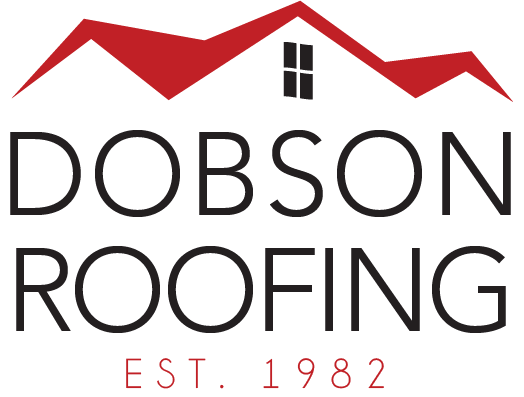How to stop a roof leak in the rain
Stopping a roof leak at any time can be challenging, but there are a few temporary measures on how to stop a roof leak in the rain and minimize the damage until you can address the issue more permanently. Here are some steps you can follow:
- Locate the Leak:
If it’s safe to do so, try to identify the source of the leak from inside your home. Look for water stains on the ceiling or walls and follow the trail upward to find the point of entry. - Contain the Water:
Place buckets or containers under the leak to catch the water and prevent it from spreading to other areas of your home. You can also use towels or rags to soak up excess water. - Clear Blocked Drains:
If you suspect that the leak is due to a clogged gutter or downspout, try to clear any debris that may be causing the blockage. This can help redirect water away from the problem area. - Temporary Patching:
If it’s safe to access the roof during the rain, you can use a tarp, plastic sheeting, or even heavy-duty garbage bags to create a temporary cover. Secure the material with boards, bricks, or other heavy objects. This won’t fix the underlying issue but can provide a temporary barrier against the rain. - Use Roofing Cement:
If the leak is coming from a small hole or crack, you can use roofing cement to create a temporary seal. Apply the cement to the damaged area using a putty knife or trowel. - Consider a Roof Sealant:
Roof sealants or roof repair tapes are designed to provide temporary fixes for leaks. They can be applied even in wet conditions. Follow the product’s instructions for application. - Call for Professional Help:
It’s crucial to address the underlying issue causing the leak as soon as possible. Contact a professional roofer to assess the damage and provide a more permanent solution once the weather clears up.
Remember, these are temporary solutions, and you should always prioritize your safety. If the leak is severe or if you are unsure about what to do, it’s best to wait for the rain to stop and seek the help of a professional roofer to assess and repair the damage.
Does heavy rain affect leaks more than light rain?
The severity of a roof leak during heavy rain versus light rain can depend on various factors, including the condition of the roof, the type of roofing material, the design of the roof, and the nature of the leak. Here are some considerations:
- Intensity and Duration of Rain:
Heavy rain, especially if it’s accompanied by strong winds, can put more stress on a roof and may exacerbate existing issues. Light rain may not have the same impact, but if there are pre-existing vulnerabilities, any amount of rain can lead to leaks over time. - Roof Condition:
An older or poorly maintained roof is more susceptible to leaks, regardless of the intensity of the rain. Heavy rain may highlight existing weaknesses, causing more noticeable leaks. - Wind-Driven Rain:
High winds accompanying heavy rain can force water into areas that may not be as affected by light rain. Wind-driven rain can find its way through gaps, damaged shingles, or other vulnerabilities in the roof. - Gutter and Drainage Issues:
Heavy rain can overwhelm gutters and drainage systems, leading to water pooling on the roof. If the water doesn’t drain properly, it can find its way into the interior of the building. - Impact on Repairs:
Attempting to address a leak during heavy rain can be more challenging, as the rain may impede temporary repair measures. Light rain might provide a better window of opportunity for making temporary fixes until more permanent repairs can be carried out.
In summary, while heavy rain can potentially exacerbate leaks, the critical factor is often the overall condition of the roof and the effectiveness of its drainage system. Regular roof maintenance and prompt repairs are essential for preventing leaks, regardless of the intensity of the rain. If you notice a leak, it’s advisable to address it as soon as possible, regardless of whether it’s during heavy or light rain, to prevent further damage to your property.
As with any building word please ensure you follow local building codes and regulations, and consider consulting with a local roofing expert for specific advice tailored to your property.
Contact Us
Address
Dobson Roofing Services Ltd,
109-111 Chesterfield Road, Dronfield, Derbyshire, S18 2XE
Phone
M: 07711770081
